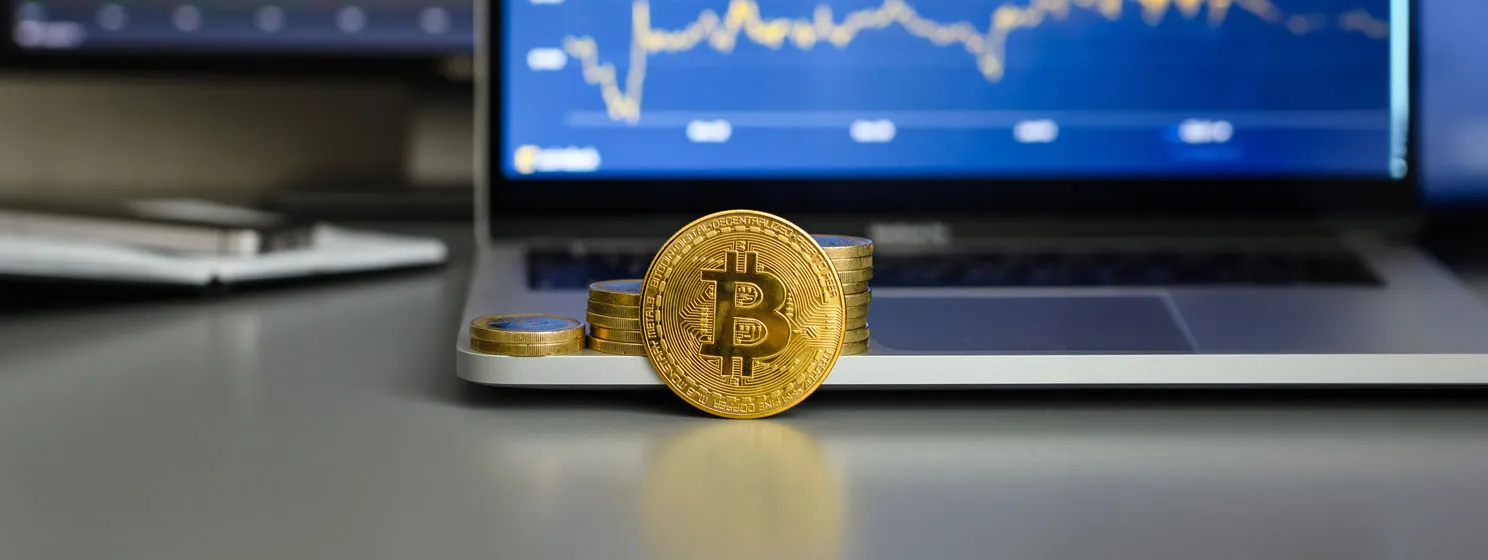|
Getting your Trinity Audio player ready...
|
Brazilian police have seized close to $29 million in digital currencies in what’s being described as the biggest seizure of its kind in the country’s history. The police seized the funds from a BTC consultancy that lured investors with promises of guaranteed returns, with the founder now under police custody.
Federal police in the South American country seized 150 million reals ($28.6 million), according to a report by CNN Brasil. In addition, they seized $3.6 million in cash, 21 luxury vehicles, high-end watches, some foreign currency, several pieces of expensive jewelry, and documents.
The seizure was the result of an investigation into a BTC scam operating from Rio de Janeiro. Known as Operation Krypto, the investigation involved 15 search and seizure warrants. It also led to the arrest of five involved in the scam.
One of those arrested was Glaidson Acácio, the founder and lead operator of the BTC consultancy. He is alleged to have moved billions of reals in the purported pyramid scheme. To lure investors, he, together with other co-conspirators, promised up to 15% in returns.
Acácio’s legal team released a statement upon his arrest, claiming that “they are aware of the arrest and so far without access to the contents of the investigations. Only after proper analysis of all documentation will we be able to express ourselves in a concrete manner.”
The latest arrest and seizure comes barely a month since Brazilian authorities seized an almost similar amount in a digital currency money laundering probe. As CoinGeek reported, the police seized $33 million in an operation that looked into 12 fictitious companies. Known as Operation Exchange, it involved 17 legal entities and 2 individuals.
Federal police obtained the seizure warrants after lengthy investigations into brokerages that purportedly facilitated the purchase and sale of digital currencies to fictitious companies. These served as a backdoor to the regulated financial system, with the fictitious companies trading between themselves before eventually sending the money to brokerages and buying digital currencies.
Watch: CoinGeek Zurich panel, Using Blockchain to Strengthen Cybersecurity

 07-09-2025
07-09-2025 





